Stetina: I was literally googling how to start a new job with no college degree
Californian looking to bounce back after suffering with Epstein Barr virus
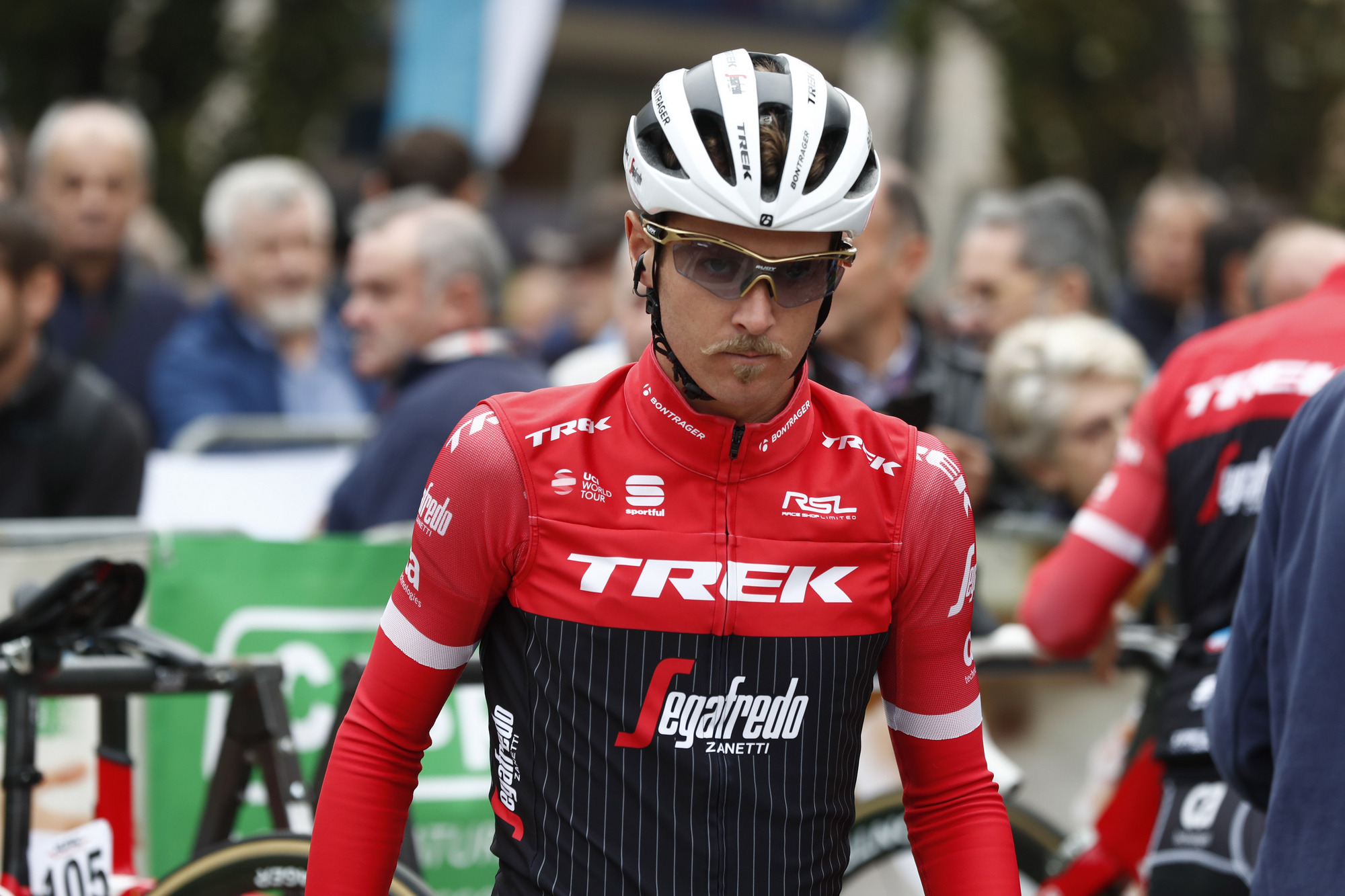

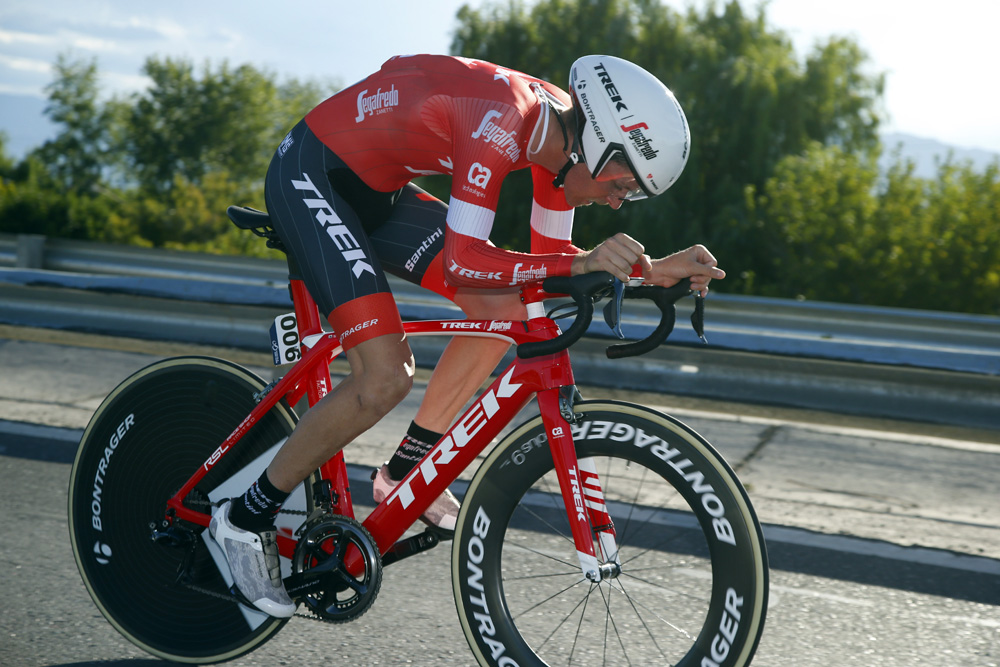
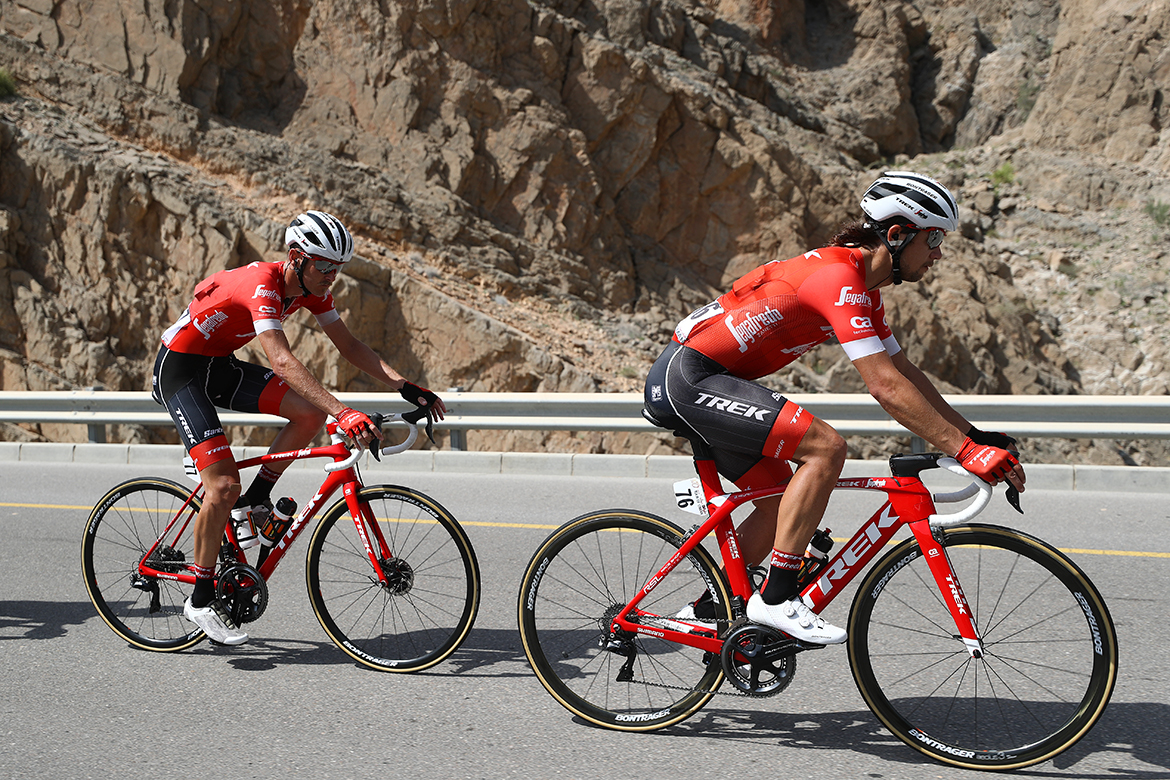
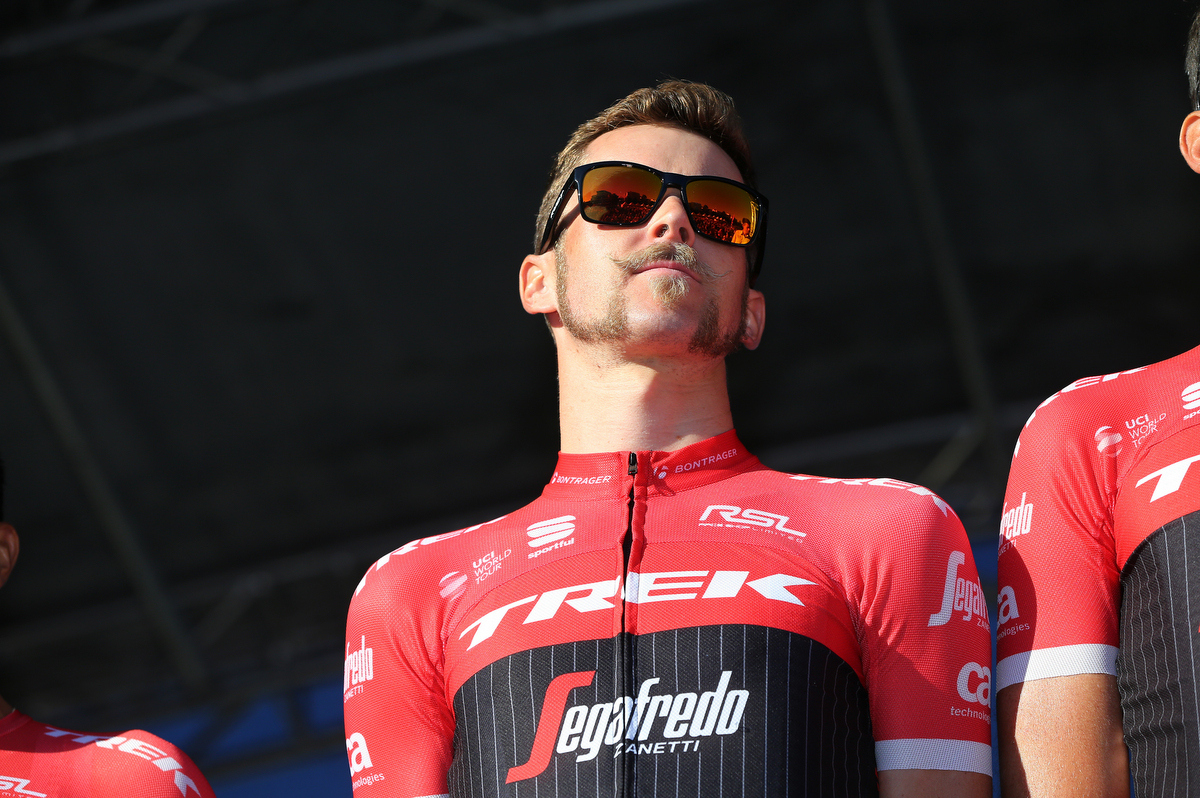
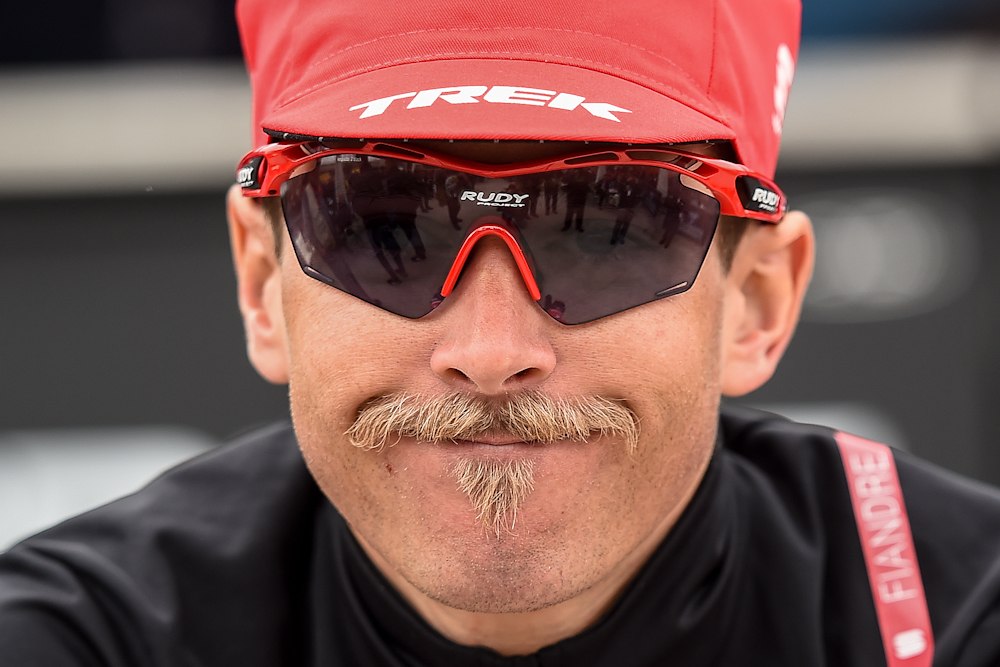
The transfer market can be a cold and difficult place, particularly if you’re coming off the back of a difficult season.
Peter Stetina was already making post-retirement plans when Trek-Segafredo offered him a lifeline. The 31-year-old American has been a professional for over a decade but thought that his career was over when he struggled to find a contract as the season's end approached.
An undiagnosed illness had marred the opening half of his season and he found himself digging a deeper hole as he tried to find the form to get the results he needed. However, a string of solid performances at the Italian one-day Classics in the autumn – and a gap left by Ivan Sosa’s move to Team Sky – was enough to secure Stetina a last-minute deal for 2019, and he’s taking the opportunity with both hands.
“I went through that period in the summer and fall of pushing and trying to prove everything. You get to the point where you can’t keep waiting for someone else to make your life decision for you, that’s not a healthy way to live,” Stetina told Cyclingnews.
“I was struggling mentally with that and I realised that I had to take my future into my own hands and as I started doing it, luckily Trek-Segafredo did decide to keep me. I had those results in those one-day races and they did have faith again. It wasn’t too late because I was committed to finishing out the season as if it was my last.”
“I was literally googling how to start a new job with no college degree. I had some plans in the works and I had a new project that I was pretty passionate about, but in the end, Trek-Segafredo came back and wanted me to continue and that was still the first choice. This is the best job in the world and I’m coming at it with fresh motivation.”
The 2018 season should have been a brilliant opportunity for Stetina to show Trek-Segafredo what he could do. With Bauke Mollema the team’s only major stage race rider, Stetina had more opportunities to go for his own goals. His big objective was his home race, the Tour of California, in May. But he finished a disappointed 17th overall. After a friend suggested he get tested, Stetina was diagnosed with the Epstein Barr virus. It was good to finally know what was wrong with him but it was the last thing that he needed with his contract up for renewal at the end of the year.
Get The Leadout Newsletter
The latest race content, interviews, features, reviews and expert buying guides, direct to your inbox!
“It was like I’d lost my ability to stage race. If I was fresh and rested, my body was strong enough to keep the virus under but if I was a little bit fatigued then it would flare up. I would be randomly missing five or 10 per cent on a day and there was no real reason why. It was pretty demoralising,” Stetina explained.
“At the end of the year, we finally had the answer, which was nice, but it was pretty stressful. It was this perfect storm of having no results and illness in a season when there are hundreds of riders on the market and some teams are folding or downsizing. I was in a personal limbo a lot and that just added to the stress. You’re trying to figure out what’s going on with your life and you’re going through a bit of an identity crisis and trying to figure out what’s next.”
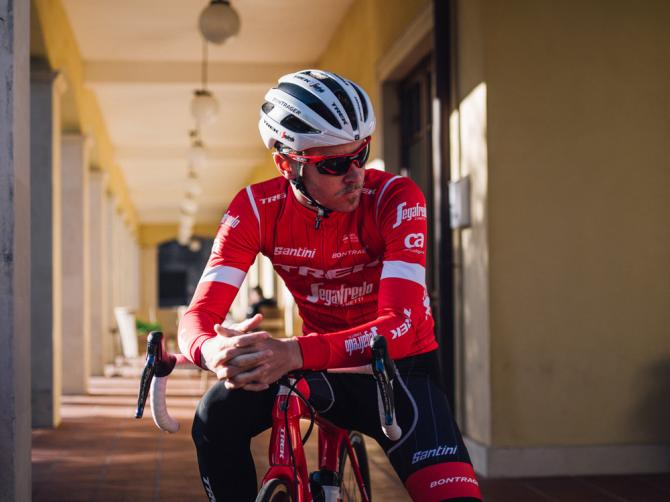
Getting back on track
Stetina is one of a number of riders hit by by Epstein Barr, including Esteban Chaves and Mark Cavendish. It can be hard to overcome, with no real treatment other than rest and recuperation. With the 2019 season just around the corner, Stetina believes that he has shaken the virus for now, but there is always the chance that it could come back.
“With Epstein Barr, you’ve seen with Chaves and Cav that you need to fully rest. I took a month off; I didn’t even exercise at all. I maybe went on one hike with my wife. I started training again and, so far, I’m feeling better. I’m stringing together blocks and the numbers keep creeping up,” Stetina told Cyclingnews.
“You’re always nervous that Epstein Barr can flare up again. So far, the team doctor and my personal doctor think that the virus has run its course and it isn’t affecting me anymore. We have to plough on, assuming that. If it does flare up then I guess it was meant to be as well. At this point in time, I don’t have the time or luxury to take six months off and restart again. Especially after having a tough year this year, and the market is going to be crazy again next year with whatever happens to Sky and all that. You have to have a bit of blind faith that it will all work out.”
Thanks to securing his contract with Trek-Segafredo just after his season ended in October, Stetina has been able to enjoy a fairly standard off-season. After taking a break, he’s been back in training since November and is preparing to get 2019 off to an early start at the Tour Down Under.
He will stay in Australia to ride the Cadel Evans Great Ocean Road Race and the Herald Sun Tour. The Tour of California will be top of his list again next season, but his main goal is to take every opportunity that knocks on his door because while he’s been handed another chance, he doesn’t know when he’ll be hanging up his racing wheels for good.
“I learned a couple of years ago that you can have these big season targets – and for me, I care so much about the Tour of California, it’s my home race, and particularly next year with no time trial. I went all in this year and the team gave me all the freedom and I did everything I could, that was my Goliath. However, there was this virus lurking under the surface and I didn’t know," said Stetina.
"You can put everything on a couple of results and the chance that it doesn’t work is so high and I’m just going to enter the season, and when the legs are there and the form comes – even if it’s at a smaller race – if the legs are there then you have to take the opportunity. You never pass on good form.
“You realise that gig can be done prematurely without you knowing it, whether it’s a crash like I had in 2015 [when he broke his leg at the Vuelta al Pais Vasco -ed] or sickness or the market because this sport is going through so many volatile changes with sponsorship. You never know when your number is up.”
Born in Ireland to a cycling family and later moved to the Isle of Man, so there was no surprise when I got into the sport. Studied sports journalism at university before going on to do a Masters in sports broadcast. After university I spent three months interning at Eurosport, where I covered the Tour de France. In 2012 I started at Procycling Magazine, before becoming the deputy editor of Procycling Week. I then joined Cyclingnews, in December 2013.